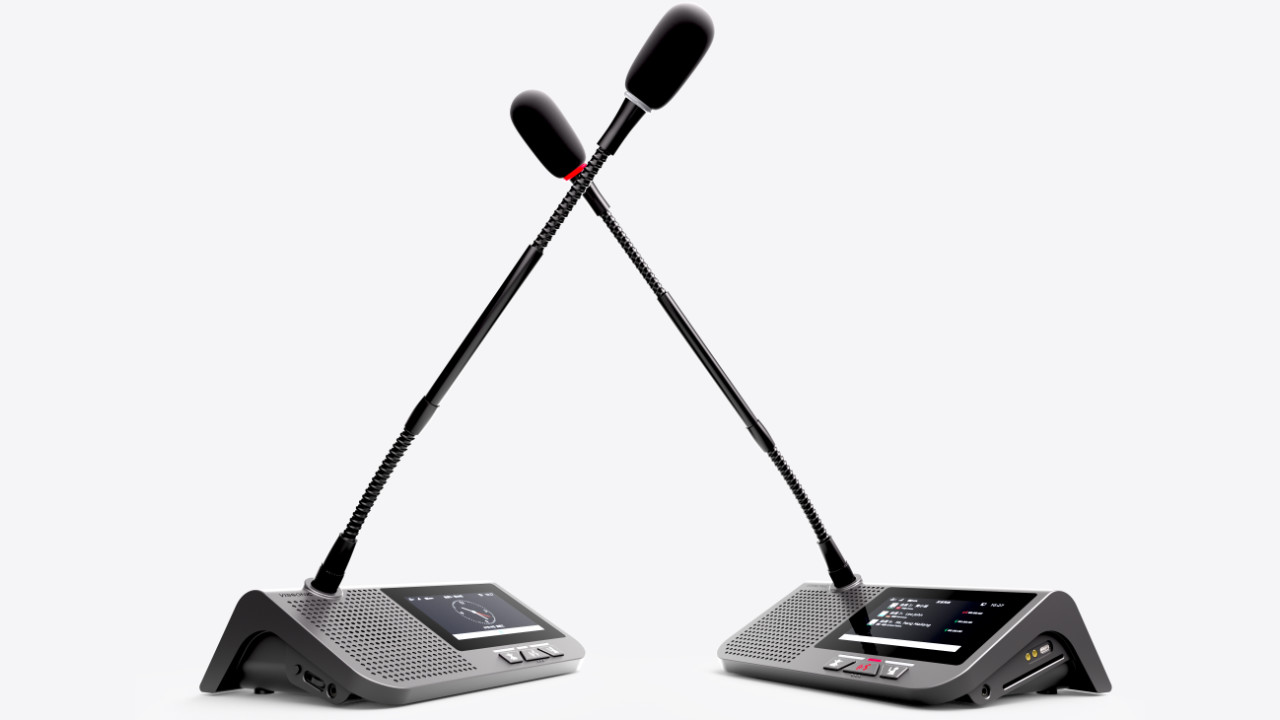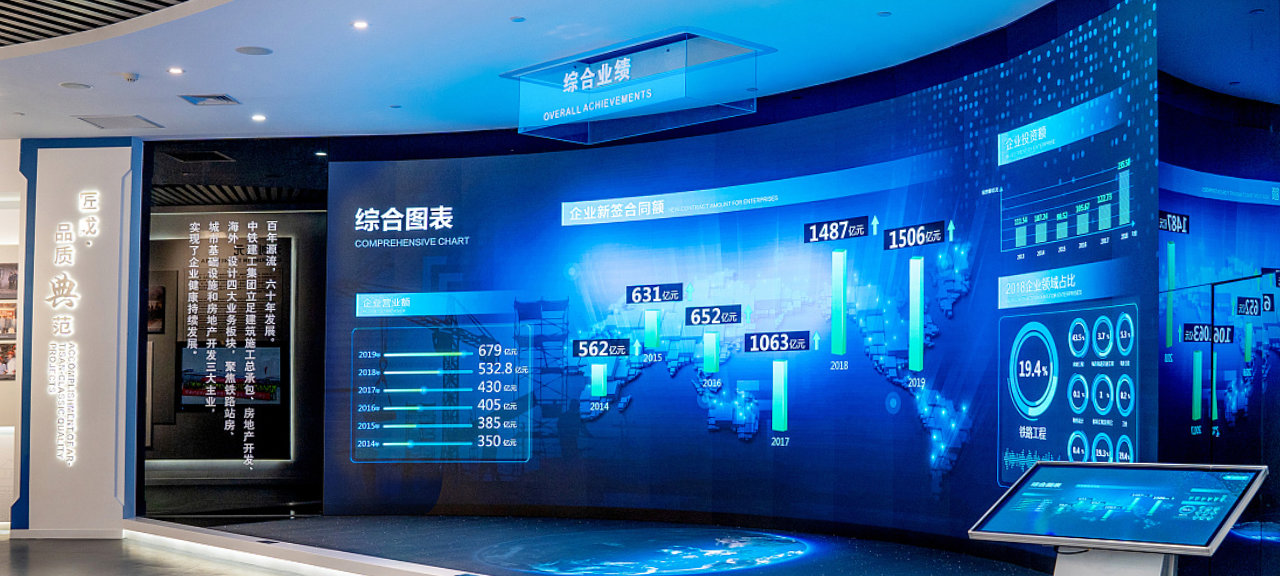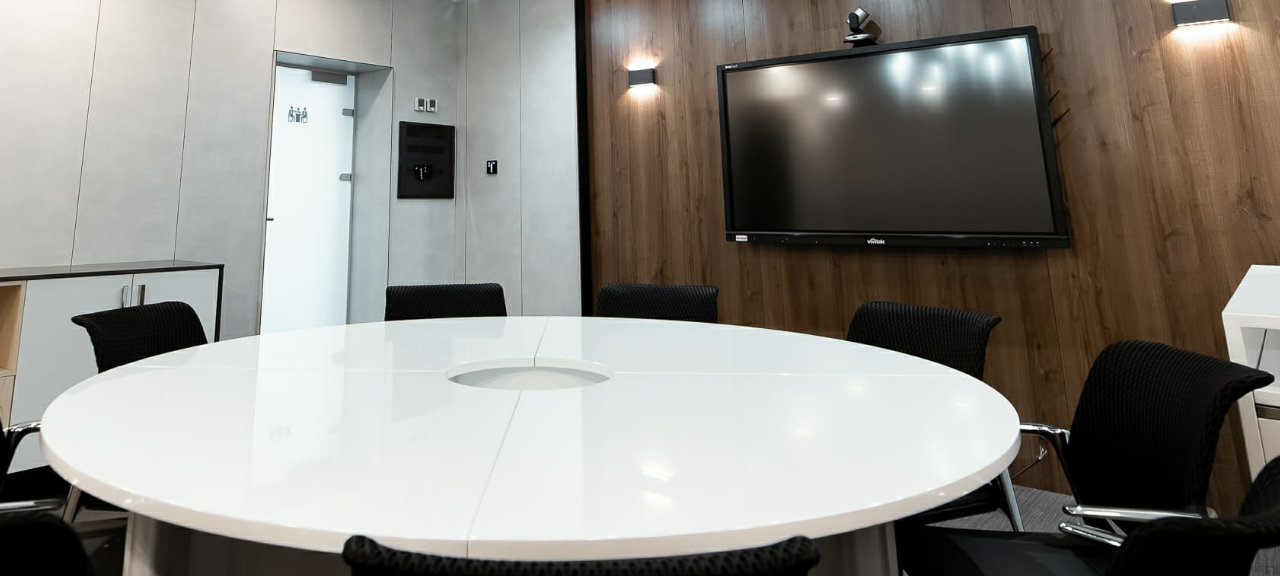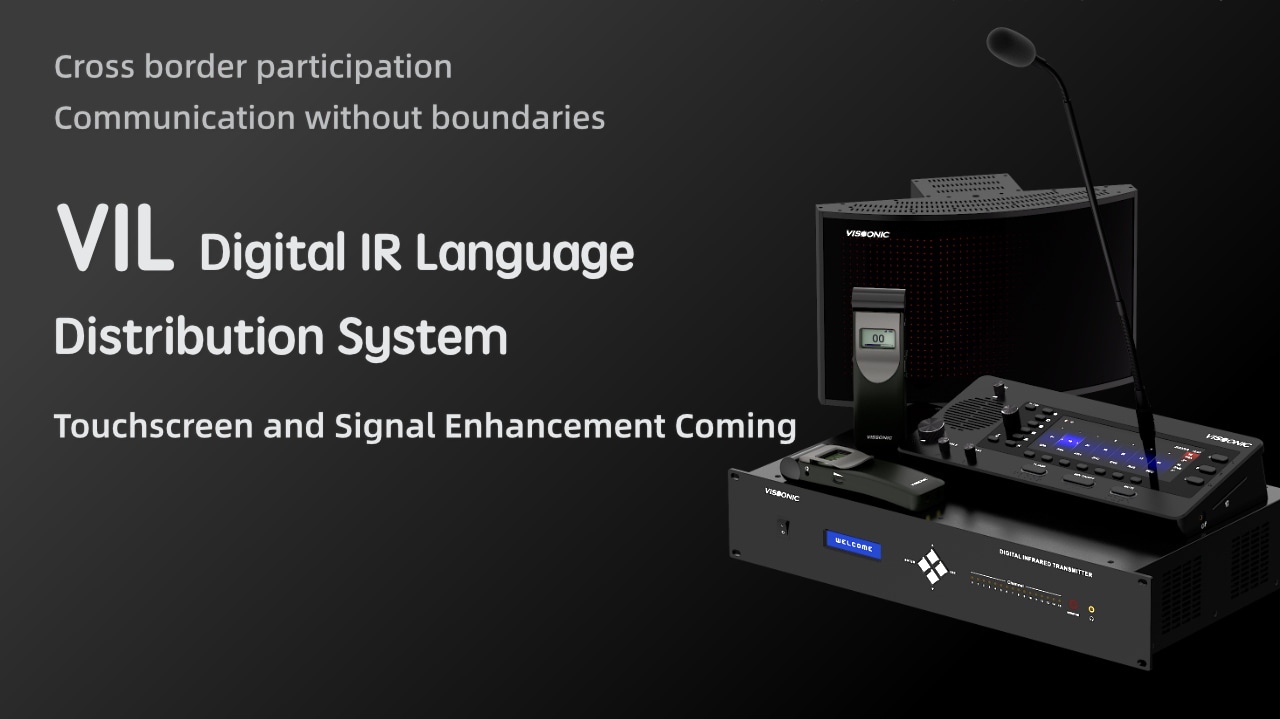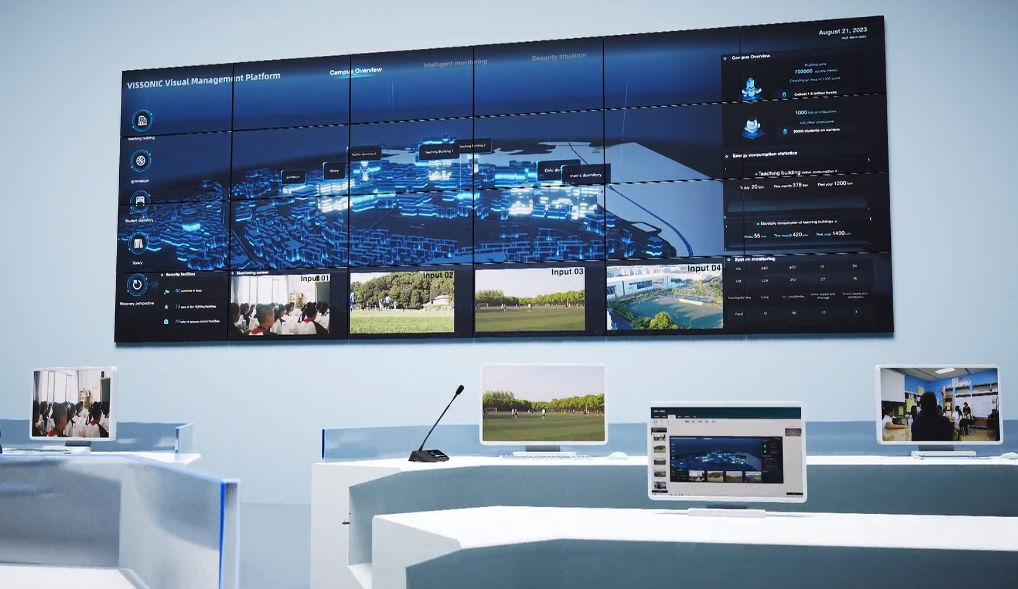Do I Need a Video Wall Processor?
Whether you need a video wall processor depends on your specific requirements, the scale of your video wall project, and the goals you aim to achieve. A video wall processor is a device or software solution designed to manage and display content across multiple screens in a video wall configuration. Here are some considerations to help you determine if you need a video wall processor:
1. Size and Complexity of the Video Wall:
If you plan to create a small video wall with just a few screens, you may not need a dedicated video wall processor. Simple video splitters or graphics cards in your computer might suffice.
For larger and more complex video walls with numerous displays, irregular configurations, or varying content across screens, a video wall processor becomes essential. It provides the necessary flexibility and control.
4k60 Modular Video Wall Processor
2. Content Management:
If you intend to display multiple sources of content (e.g., video feeds, data streams, presentations) simultaneously or want to easily switch between different sources, a video wall processor simplifies content management.
Video wall processors allow you to arrange and scale content as needed, ensuring that it appears correctly on each screen.
3. Picture Quality and Synchronization:
Video wall processors can ensure uniform picture quality and synchronization across all screens, which can be challenging to achieve with basic hardware solutions. If precise alignment and synchronization are critical, especially in applications like control rooms, broadcasting, or digital signage, a video wall processor is beneficial.
4. Interactivity and Control:
Some video wall processors offer interactive features, allowing you to engage with the content on the video wall through touchscreens or other input devices. Video wall processors often provide centralized control, enabling you to manage the video wall's content, layout, and sources from a single interface.
5. Scalability:
If you plan to expand your video wall in the future or require the ability to add more displays easily, a video wall processor can accommodate scalability and changes in configuration.
6. Specialized Features:
Certain applications, such as 24/7 operation or mission-critical environments, benefit from the reliability and redundancy features offered by advanced video wall processors.
7. Budget Constraints:
Budget considerations also play a role. Video wall processors can be more costly than basic solutions. Assess your budget and the specific needs of your project to determine if the investment in a video wall processor is justified.
In summary, if you are setting up a relatively simple video wall with a small number of screens and straightforward content requirements, you may not need a dedicated video wall processor. However, for larger and more complex video wall projects that require content management, picture quality control, synchronization, scalability, or specialized features, a video wall processor can be a valuable asset in achieving your goals effectively and efficiently. It's essential to assess your project's specific needs and consult with experts in AV and video wall technology to make an informed decision.

